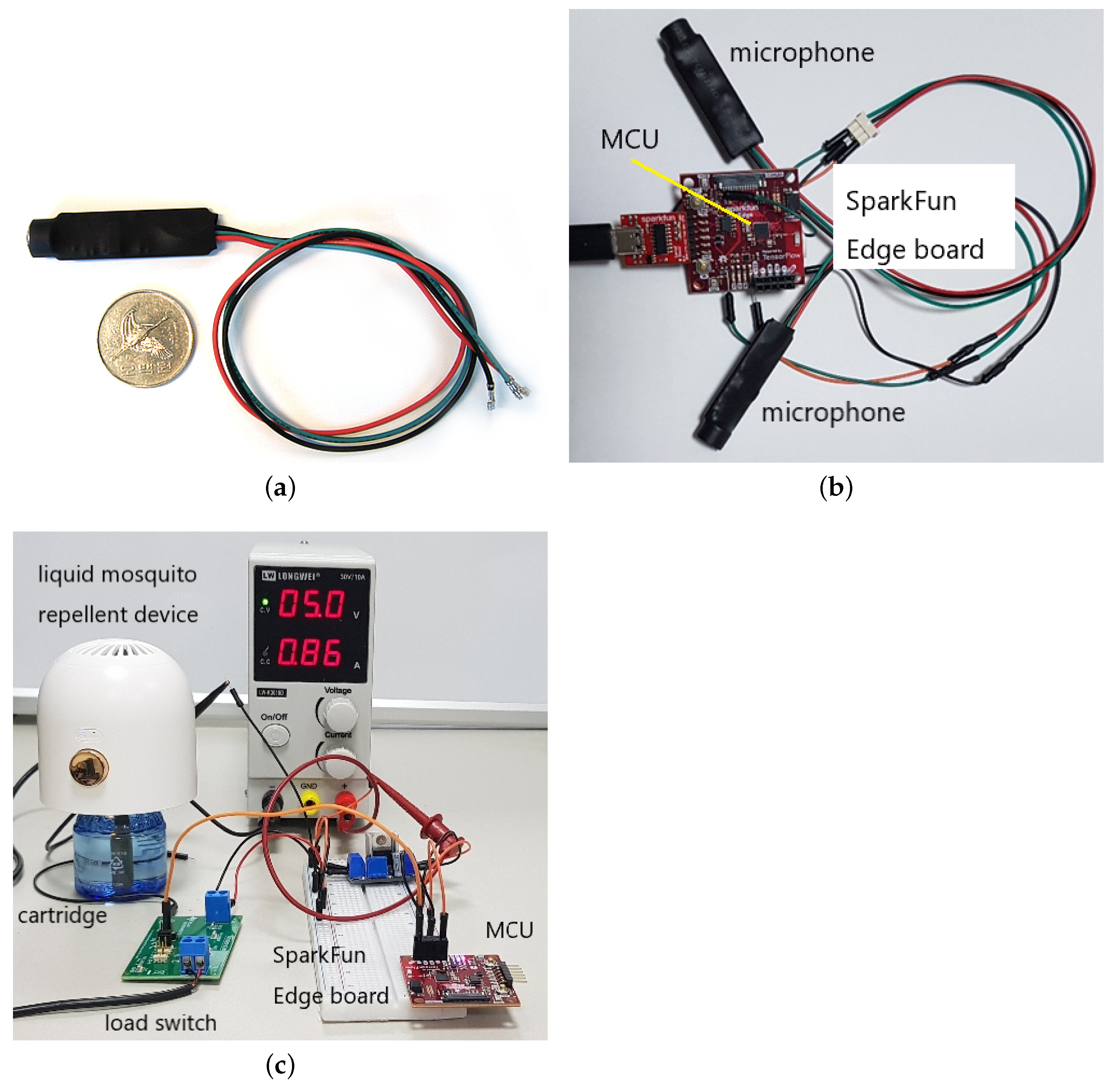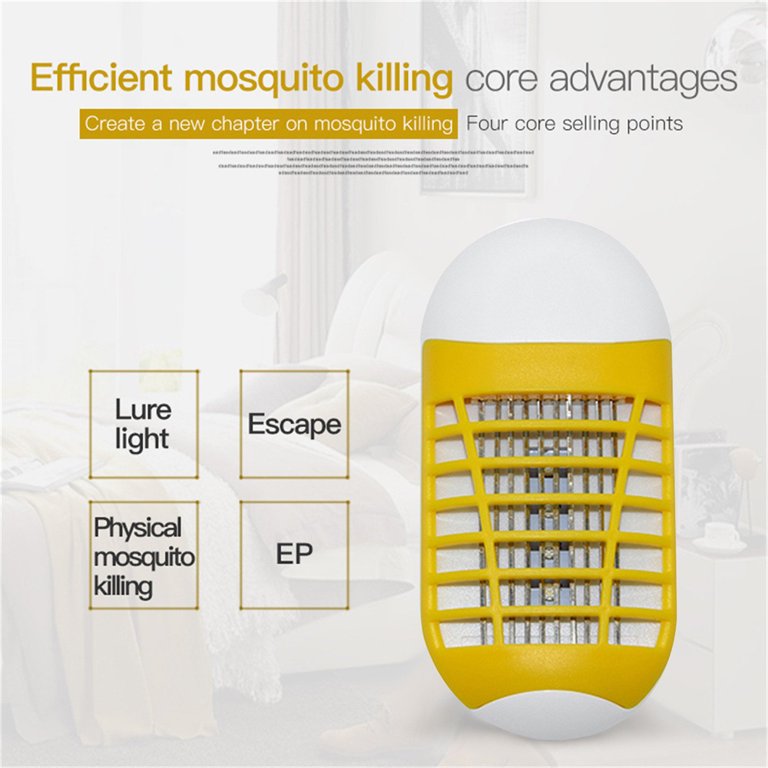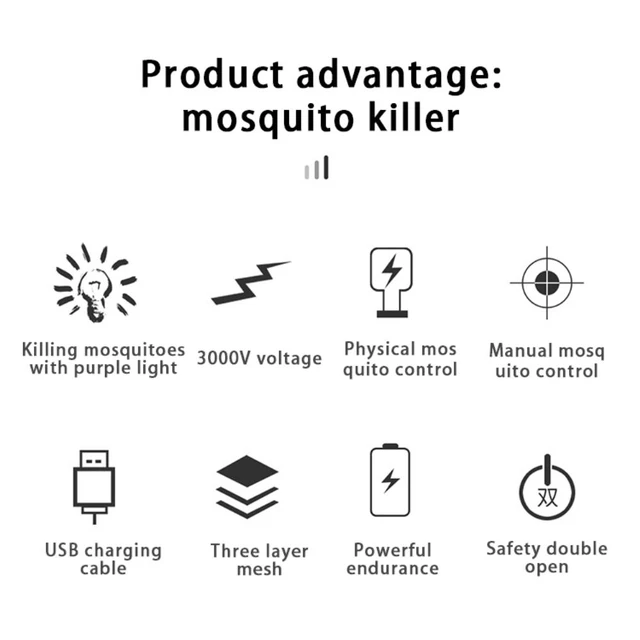The disadvantages of electric mosquito killers include attracting non-mosquito insects and potential environmental imbalance. Additionally, the fumes may cause health issues for some individuals, and continuous use can lead to respiratory problems.
These devices may not be effective during power cuts, making them unreliable in certain areas. Moreover, the electric current in mosquito killers poses no harm to humans due to the grid’s design. However, the indiscriminate killing of insects can disrupt ecosystems and harm beneficial species.
Users should consider these drawbacks before relying solely on electric mosquito killers for pest control.
Introduction To Electric Mosquito Killers
Electric mosquito killers, also known as bug zappers or insect zappers, are electronic devices designed to attract and kill flying insects, including mosquitoes, using ultraviolet light and an electric grid. These devices have gained popularity in both residential and commercial settings as a means of controlling insect populations. However, there are several disadvantages associated with their use, which are important to consider before investing in this technology.
Popularity And Common Usage
Electric mosquito killers have become increasingly popular due to their perceived effectiveness in controlling flying insects, particularly in outdoor spaces such as patios, gardens, and camping sites. They are commonly used in areas where mosquito-borne diseases are prevalent, as well as in commercial establishments such as restaurants and hotels to provide a more pleasant environment for patrons. However, their widespread use has raised concerns about their impact on non-target insects and the overall ecosystem.
Basic Working Principle
The basic working principle of electric mosquito killers involves the attraction of insects through the emission of ultraviolet light. Once the insects are lured towards the device, they come into contact with an electric grid that delivers a lethal shock, resulting in their immediate demise. While this mechanism may seem effective at first glance, it raises questions about its impact on beneficial insects, such as pollinators, and the potential disruption of ecological balance.
Ineffectiveness Against Target Species
Electric mosquito killers, while effective in eliminating some insects, have drawbacks when it comes to targeting specific species such as mosquitoes. Understanding the limitations of these devices is crucial to making an informed decision about their use.
Limited Impact On Mosquitoes
Electric mosquito killers have a limited impact on mosquitoes due to their design and functionality. These devices may not effectively lure, trap, or eliminate mosquitoes, which are a significant concern for individuals seeking relief from these pests. The inability to effectively control mosquito populations can lead to continued discomfort and potential health risks.
Attraction Of Non-target Insects
Electric mosquito killers can inadvertently attract non-target insects, such as beneficial pollinators or other harmless bugs. This unintended consequence can disrupt ecological balance and may lead to the elimination of beneficial insects, impacting local ecosystems and agricultural practices.
Environmental Concerns
While electric mosquito killers are effective at eliminating pesky insects, they come with a range of disadvantages, particularly in terms of environmental impact. It’s important to consider the negative effects these devices can have on the ecosystem.
Impact On Beneficial Insect Populations
Electric mosquito killers are indiscriminate in their approach, posing a threat to beneficial insect populations. Bees, butterflies, and other pollinators are at risk of being inadvertently attracted and killed by these devices. This can disrupt the delicate balance of local ecosystems and lead to a decline in essential pollinators, which are crucial for the health of flora and the production of food crops.
Disruption Of Local Ecosystems
The widespread use of electric mosquito killers can lead to the disruption of local ecosystems. By indiscriminately targeting insects, these devices can upset the natural food chain and ecological balance. This disruption can have far-reaching consequences, potentially leading to an overabundance of certain insect species, while causing a decline in others. Such imbalances can negatively impact the overall health and biodiversity of the environment.

Credit: www.mdpi.com
Health Risks Associated With Use
Electric mosquito killers emit fumes that can cause dizziness, headaches, and respiratory issues. These devices are ineffective against mosquitoes, disrupting the ecosystem by killing beneficial insects. Additionally, they may not work during power cuts, making them unreliable in certain areas.
Potential For Respiratory Issues
Using an electric mosquito killer can pose potential respiratory risks, especially for people with asthma or other respiratory problems. The device releases chemicals into the air, which can irritate the lungs and airways, leading to breathing difficulties. The fumes released from the device can also cause headaches, dizziness, nausea, and eye irritation. Continuous use of the electric mosquito killer can even worsen the respiratory problems and lead to severe health issues.Risks Of Chemical Exposure
Electric mosquito killers use chemicals such as pyrethroids, which are harmful to humans and animals. The chemicals can cause skin irritation, rashes, and allergic reactions. Exposure to these chemicals can also lead to long-term health problems such as cancer and neurological disorders. Children and pets are more vulnerable to these chemicals, as they have a higher risk of exposure due to their small size and proximity to the device.It’s important to note that while electric mosquito killers may seem like a convenient option, they pose several health risks that cannot be ignored. It’s advisable to opt for natural mosquito repellents or other alternatives that are safer and healthier for you and your family.Safety Concerns
Electric mosquito killers may pose safety concerns due to potential health risks from fumes and accidents. These devices can be ineffective against mosquitoes, disrupting the ecosystem balance by eliminating beneficial insects. Additionally, long-term use may lead to respiratory issues and other health complications.
Risk Of Electrical Accidents
One of the main safety concerns with electric mosquito killers is the risk of electrical accidents. These devices typically require a power source to function, which means they are connected to an electrical outlet. This poses a risk of electrical shock if the device is not handled properly. It is important to follow the manufacturer’s instructions carefully and to avoid touching the device while it is plugged in.Hazards From Shattered Insects
Another safety concern with electric mosquito killers is the potential hazards from shattered insects. When insects come into contact with the electric grid, they are electrocuted and may be shattered into small pieces. These pieces can then fall to the ground or become airborne, potentially causing harm to people or pets in the area. It is important to clean the device regularly and to dispose of any dead insects safely.Overall, while electric mosquito killers can be effective at controlling insects, there are safety concerns that should be taken into consideration. It is important to weigh the pros and cons before deciding whether or not to use one of these devices.
Credit: www.walmart.com
Maintenance Challenges
When it comes to electric mosquito killers, maintenance is a crucial aspect that cannot be overlooked. There are several maintenance challenges associated with these devices, which can affect their efficiency and longevity. Let’s delve into the specific drawbacks related to maintenance.
Need For Regular Cleaning
Electric mosquito killers require regular cleaning to ensure optimal performance. The accumulation of debris, dead insects, and other contaminants on the device’s surfaces can significantly diminish its effectiveness. Neglecting regular cleaning not only reduces the device’s efficiency but also creates an unsanitary environment, potentially leading to health concerns.
Replacement Of Parts And Cost Implications
Another maintenance challenge is the replacement of parts and its associated cost implications. Over time, components such as bulbs, grids, and attractants may wear out and require replacement. This not only adds to the overall maintenance effort but also entails additional expenses, impacting the cost-effectiveness of the electric mosquito killer.
False Sense Of Security
Electric mosquito killers are often touted as an effective solution for controlling mosquito populations and reducing the risk of mosquito-borne diseases. However, there are several disadvantages associated with these devices that can create a false sense of security for users.
Misconceptions About Effectiveness
One common misconception about electric mosquito killers is that they are highly effective at eliminating mosquitoes from an outdoor space. However, the reality is that these devices often have limited range and may not be able to control mosquito populations in larger outdoor areas. As a result, users may falsely believe that their outdoor space is protected from mosquitoes, leading to a potentially higher risk of mosquito bites and disease transmission.
Complacency In Mosquito Control Efforts
Another disadvantage of electric mosquito killers is that they can lead to complacency in other mosquito control efforts. Users may rely solely on these devices for mosquito control, neglecting other important measures such as removing standing water, using insect repellent, and employing other mosquito control strategies. This complacency can result in an increased risk of mosquito-borne diseases and may contribute to the spread of mosquito populations in the surrounding area.

Credit: www.amazon.com
Alternative Mosquito Control Strategies
When it comes to mosquito control, electric mosquito killers are a popular choice for many households. However, these devices come with their own set of disadvantages. Understanding the drawbacks of electric mosquito killers can lead people to explore alternative mosquito control strategies that are more effective and safer.
Natural Repellents And Their Benefits
Natural repellents offer a safer and eco-friendly alternative to electric mosquito killers. Essential oils such as citronella, lavender, and eucalyptus are known for their natural mosquito-repelling properties. These repellents not only keep mosquitoes at bay but also come with added benefits such as pleasant aromas and skin-soothing properties.
Innovative And Safer Technologies
Advancements in mosquito control technologies have led to the development of innovative and safer alternatives to electric mosquito killers. Ultrasonic devices emit high-frequency sound waves that are harmless to humans but disrupt the mating and feeding habits of mosquitoes, effectively reducing their presence in the area. Additionally, mosquito traps utilize attractants to lure mosquitoes into a trapping mechanism, providing a non-toxic and efficient way to control mosquito populations.
Frequently Asked Questions
What Are The Disadvantages Of Mosquito Zappers?
Disadvantages of mosquito zappers include attracting and killing beneficial insects, while being ineffective against mosquitoes and disrupting the ecosystem balance.
What Are The Side Effects Of Electric Mosquito Killer?
Electric mosquito killers may cause dizziness, headaches, nausea, sore throat, and eye irritation. Continuous use can worsen breathing problems.
Is Electric Insect Killer Harmful To Humans?
Electric insect killers are not harmful to humans as they are designed to only target insects.
Conclusion
While electric mosquito killers can be effective, they come with disadvantages. These devices may not target mosquitoes effectively, harm beneficial insects, and pose health risks due to fumes. Consider these drawbacks when deciding on mosquito control methods for your home.
Related posts:

I’m MD Tanvir, and I bring years of expertise gained from working closely with pest control companies to the forefront. My journey in the industry has inspired me to launch Bug Battler, a platform aimed at equipping people with the know-how to combat pests autonomously. Through Bug Battler, I aim to empower individuals with practical insights to tackle pest infestations effectively.

